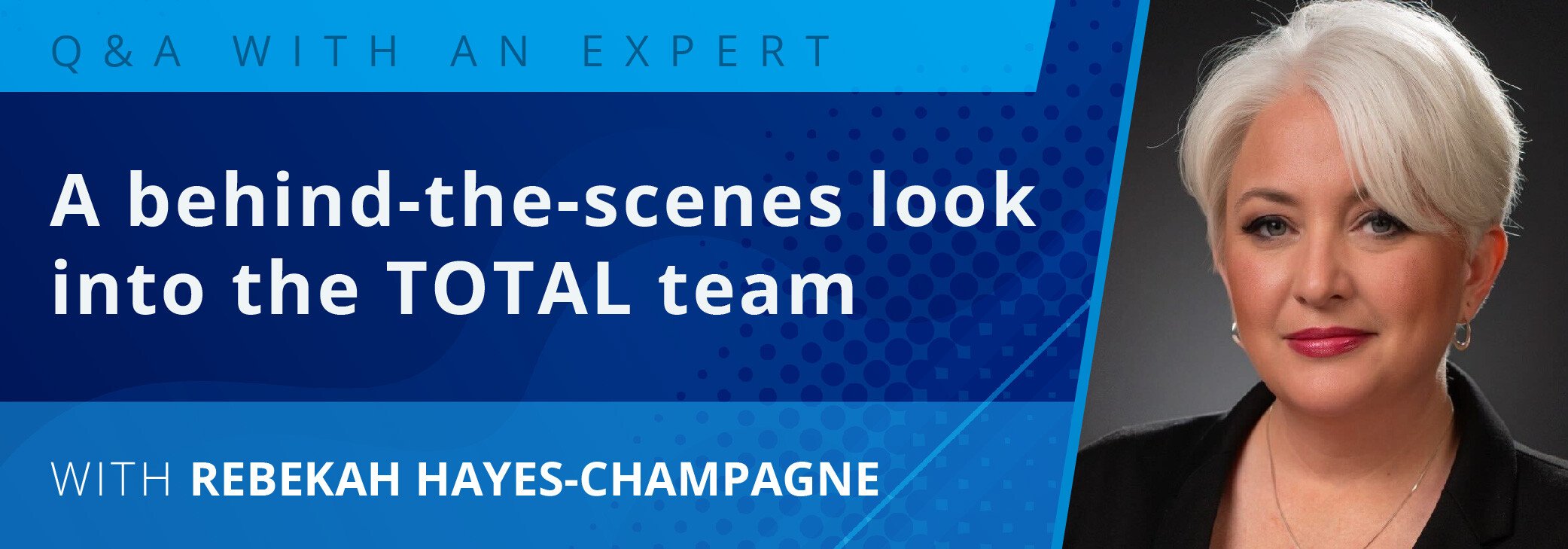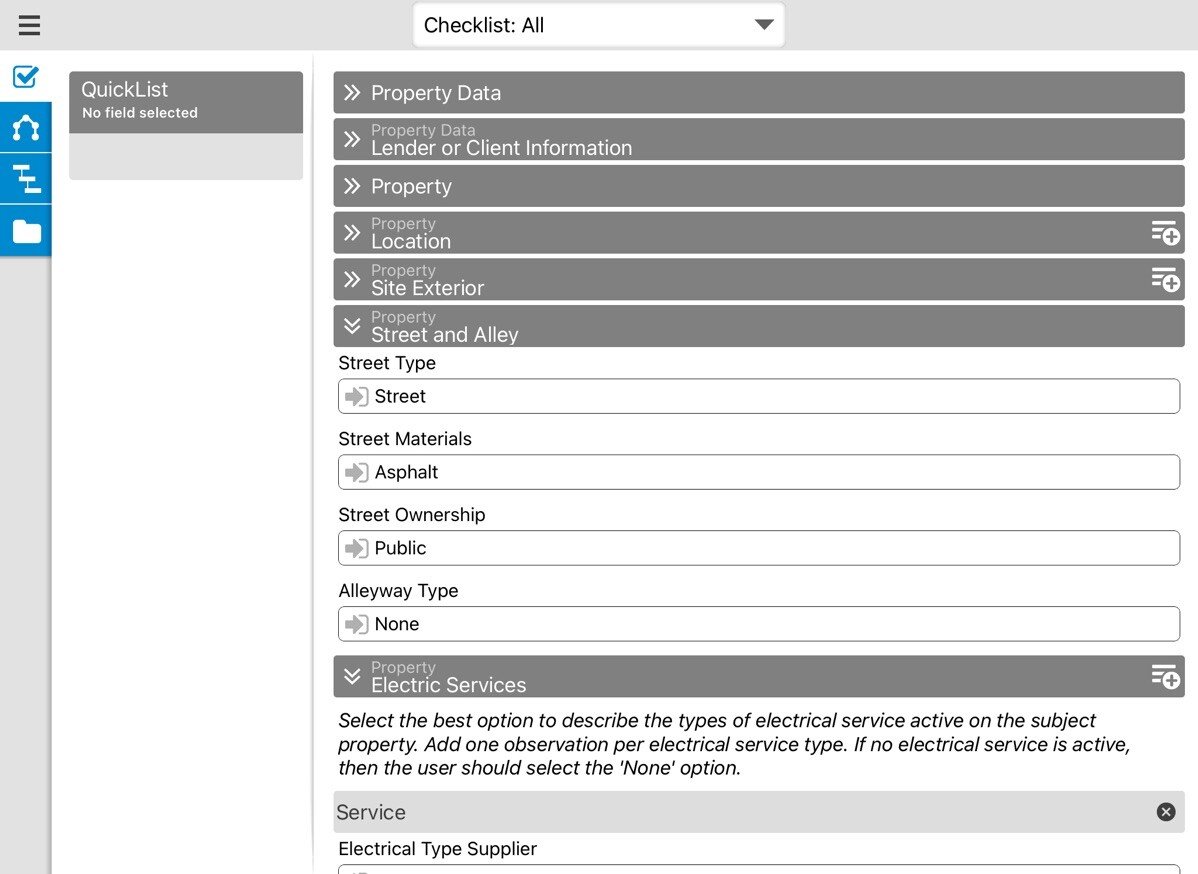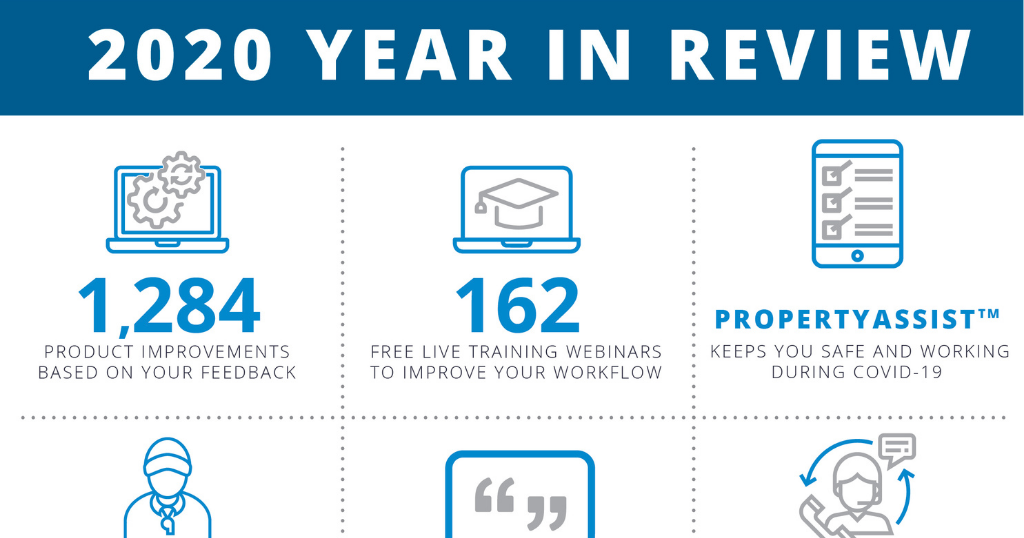The Association of Appraiser Regulatory Officials (AARO) last week made available on its web site an opinion of the federal court for the Eastern District of Pennsylvania in the case of Fidelity National Information Solutions, Inc. (FNIS) et al. v. Sinclair. As the link makes the rounds on Internet message boards, e-mail lists and the occasional news report, it is consistently being introduced as a defeat for state-level appraiser regulation and a victory for appraisal alternatives, like Broker Price Opinions (BPOs) and Competitive Market Analyses (CMAs) performed by real estate agents, Automated Valuation Models (AVMs) and other non-appraiser valuations.
In truth, the opinion is a landmark victory for the Pennsylvania Board of Certified Real Estate Appraisers (Board) and appraisers everywhere.
The material below is dense because the issues, and the District Court opinion, are complicated.
In 2001, a real estate broker was hired by FNIS in the Bethlehem, Pa. area to perform a pre-sale portfolio "asset review" of properties there on behalf of a client of FNIS. According to Pennsylvania law, only a Pennsylvania state licensed or certified appraiser may perform "a written analysis, opinion or conclusion relating to the nature, quality, value or utility of specified interests in, or aspects of, identified real property" for compensation.
The Board issued a cease and desist letter to Market Intelligence, FNIS' valuation arm, threatening that if the company "continue[d] to solicit Pennsylvania real estate brokers to perform market analyses, the Department of State could file formal charges against [the company] for aiding and abetting the unlicensed practice of real estate appraising in the Commonwealth of Pennsylvania." The order further threatened fines of $1,000 per violation and injunctions.
FNIS sought a federal court order prohibiting the Board from enforcing the law, arguing that Title XI of the Financial Institutions Reform, Recovery and Enforcement Act (FIRREA) pre-empted any state laws requiring an appraiser be used in real estate transactions. It argued that in passing FIRREA and requiring appraisals for certain transactions and not for others, Congress forbade the states from determining when and where appraisers would need to be engaged to perform valuations.
Judge Ronald L. Buckwalter of the U.S. District Court held in his opinion dated March 31 that:
- FIRREA applies only to "federally-related" real estate transactions – essentially, transactions involving a federally-regulated lending institution;
- FIRREA empowers federal regulators to determine when the services of an appraiser are not required;
- When federal regulators determine that an appraiser's services are not required in a federally-related transaction, it removes those types of activities from FIRREA altogether, and state regulation is allowed; but
- When regulators established the (now) $250,000 de minimus, or transaction amount under which no appraisal would be required, it specifically did not remove transactions from the federal law's reach simply because of the transaction amount.
It's a complicated ruling, to be sure. But it amounts to this. FIRREA applies only to "federally-related" transactions. A transaction does not cease to be "federally-related" merely because the transaction amount is under the de minimus. However, in every other case where regulators determine that the services of an appraiser are not required, it opens the door to state regulation of the type Pennsylvania enacted.
In other words, the Board in Pennsylvania was well within its rights to require an appraiser in pre-sale portfolio "asset reviews."
It is well within its rights to prohibit broker or real estate agent BPOs or CMAs that are not part of a mortgage transaction involving a federally regulated institution (which most are not; most are to determine a listing price).
And, to address the elephant in the middle of the room: It may prohibit the gathering of valuation data for the purpose of feeding AVM databases that is not performed by a licensed or certified appraiser.
Judge Buckwalter's opinion is spun as a defeat for the Board and appraisers simply because he said that transactions under the de minimus are still federally-related transactions, and no state may require an appraisal in a federally-related transaction under $250,000. (The law being challenged, remember, did not address when an appraisal would be required, but rather, when FNIS' client decided it wanted a written opinion of value, whether or not the person who did that work would have to be a licensed appraiser.) However, the judge expressly limits his conclusion to whether a transaction is above or below the de minimus.
"Congress amended [FIRREA's real estate appraisal provisions] to allow the federal financial institution regulatory agencies to set thresholds below which a 'certified or licensed appraiser is not required to perform appraisals in connection with federally related transactions….' Therefore, insofar as it relates to transactions exempted from FIRREA's certified or licensed appraiser requirement by section 3341(b) [which amended FIRREA's appraisal requirements], REACA [the Pennsylvania appraisal law] is preempted, because those transactions are still within FIRREA's scope," he wrote.
However, the de minimus provision is unique, the judge held. He identified this as a "problem with the current implementation" of FIRREA, but he acknowledged that this was how FIRREA operated: "For all other exempted transactions [other than the de minimus exemption], these transactions are non-federally related, and are thus outside the authority of the federal financial institution regulatory agencies. Therefore, for these transactions, REACA is not preempted," the Court concludes.
It continues: "The regulatory agencies state that under the definition of 'federally related transaction' they may identify categories of real estate transactions that do not require the services of an appraiser and such transactions are 'subject to neither Title XI of FIRREA nor those provisions of the agencies' regulations governing appraisals.'
"In their appraisal regulations, the agencies identify categories of real estate-related financial transactions that do not require the services of an appraiser in order to protect federal financial and public policy interests or to satisfy principles of safe and sound banking. These real estate-related financial transactions are not federally related transactions under the statutory and regulatory definitions. Accordingly, they are subject to neither Title XI of FIRREA nor those provisions of the agencies' regulations governing appraisals.
"This language… expressly acknowledges what the Court finds in this case, that non-federally related transactions are not subject to FIRREA nor are they subject to regulation by the federal financial institution regulatory agencies." (Emphasis added.)
The Court was addressing the particular contention of FNIS in the case that FIRREA applies to all real estate transactions, and where Congress or the regulatory agencies determine that an appraisal is not required, states may not step in and require an appraiser be used. The Court's holding clearly repudiates that argument. No state may require an appraisal in a federally-related transaction under the de minimus amount, but as to any other exemption from FIRREA, states are free to regulate.
FNIS itself in its complaint argued: "The federal scheme does not require any evaluation for activities (such as portfolio 'asset reviews') that do not involve 'transactions' ('Non-Transaction Activities'). Moreover, exempt 'transactions' include, in addition to the de minimus exemption, certain transactions involving loan portfolios and real estate acquired by foreclosure or deed in lieu thereof ('OREO' or 'REO'); refinancings and extensions of existing loans where either there is no advance of new funds and/or there has been no obvious and material post-origination threat to the value of the property; and/or loans that qualify for sale to a U.S. government agency or government-sponsored agency such as the Federal National Mortgage Association ('Fannie Mae') or the Federal Home Loan Mortgage Corporation ('Freddie Mac')."
FNIS argued that all those "Non-Transaction Activities" were free from any state requirement that an appraiser be used. But Judge Buckwalter ruled that, other than the de minimus, all those "Non-Transaction Activities" were appropriate for state regulation, and Pennsylvania was free to require an appraiser and/or an appraisal. So Pennsylvania's law requiring that portfolio "asset reviews" be performed by an appraiser is not preempted by FIRREA. And more broadly, Pennsylvania is free to require that any written opinion of the value of real estate be performed by a licensed or certified appraiser, other than a mortgage transaction involving a federally regulated institution where the loan amount is under $250,000.
It's been a bad couple months for AVMs.
Judge Buckwalter's opinion is available in .PDF format here. FNIS' complaint is available here.



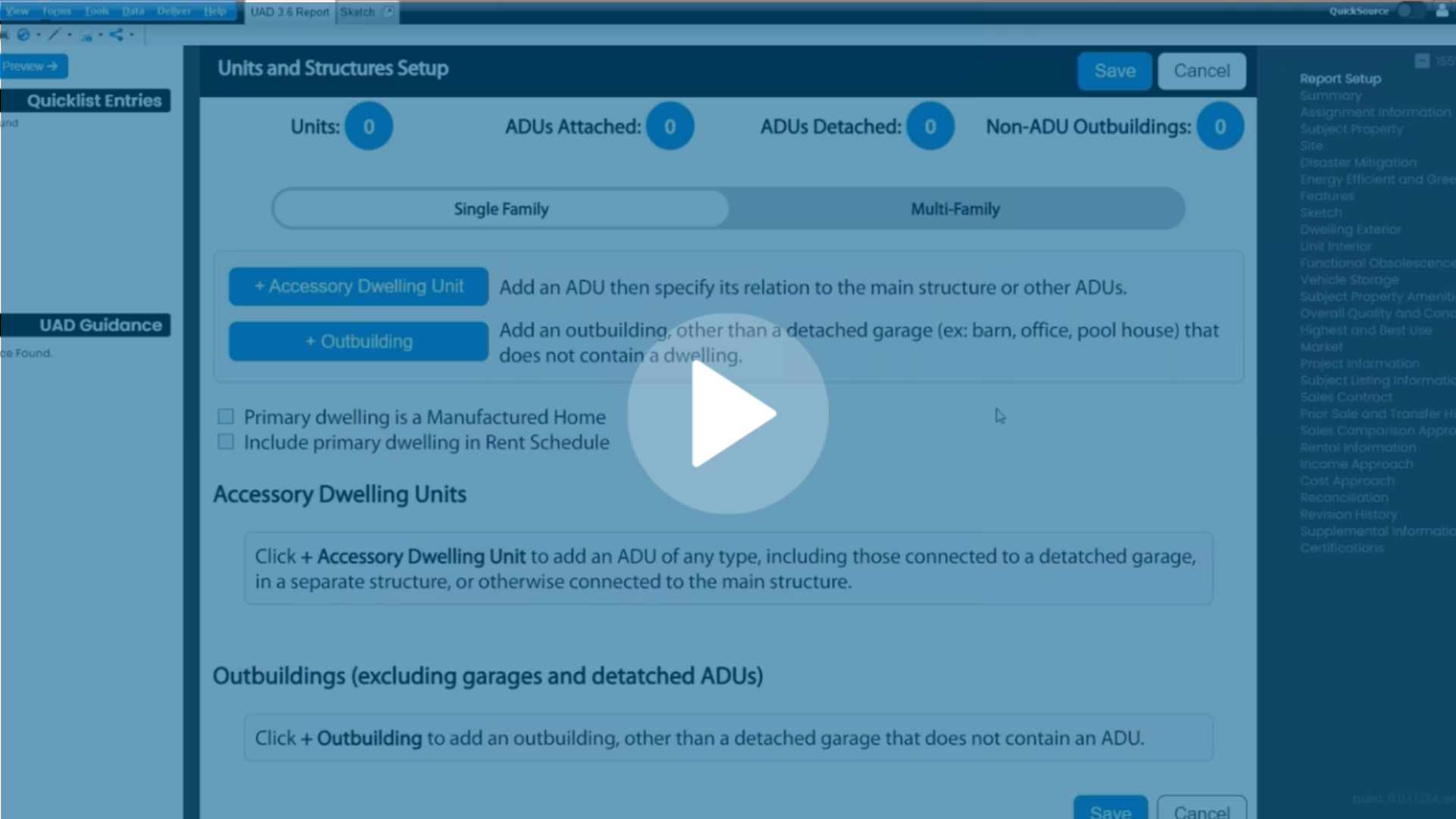
.png)

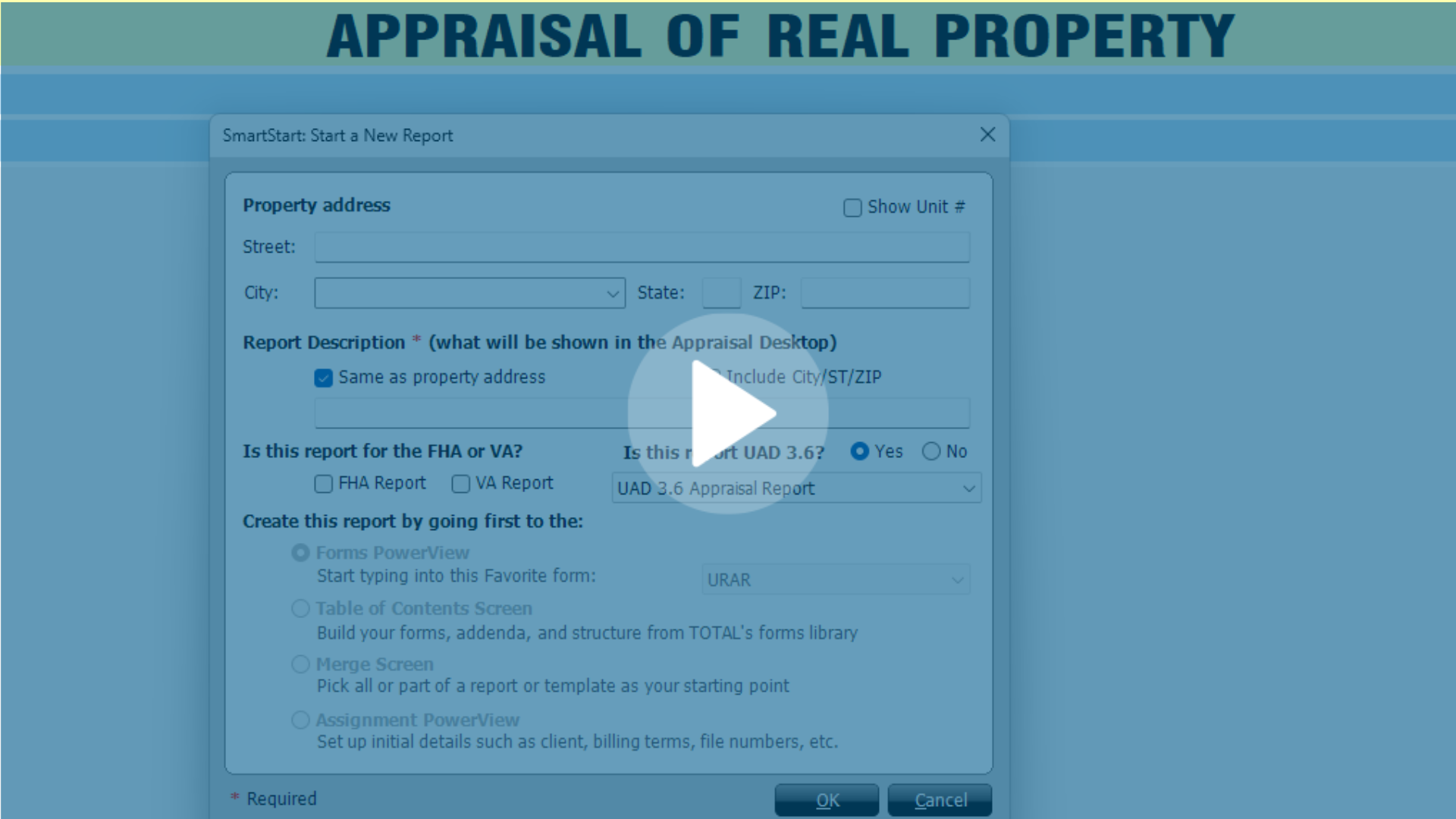


.png)
-1.png)

.png)
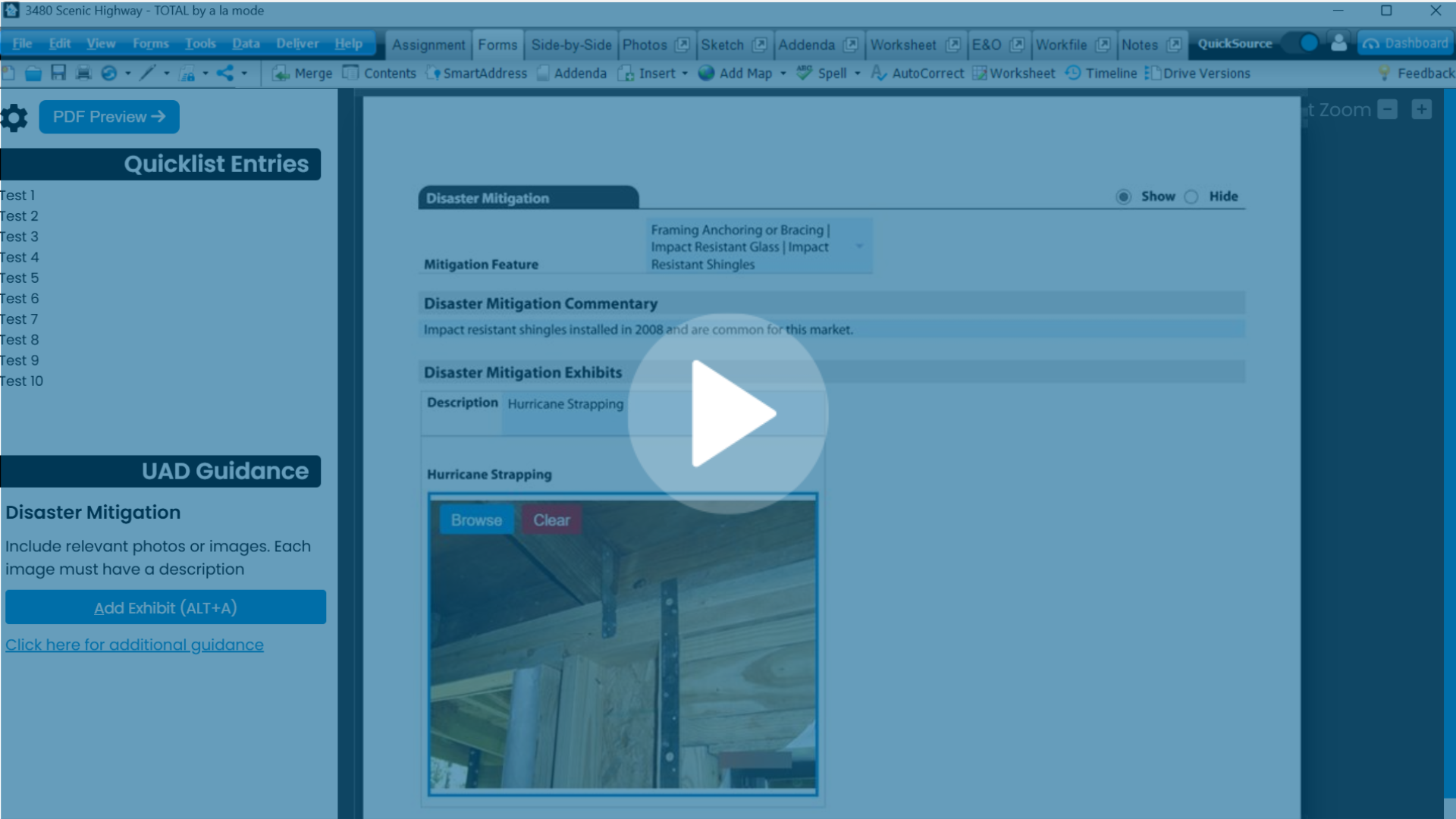
.png)
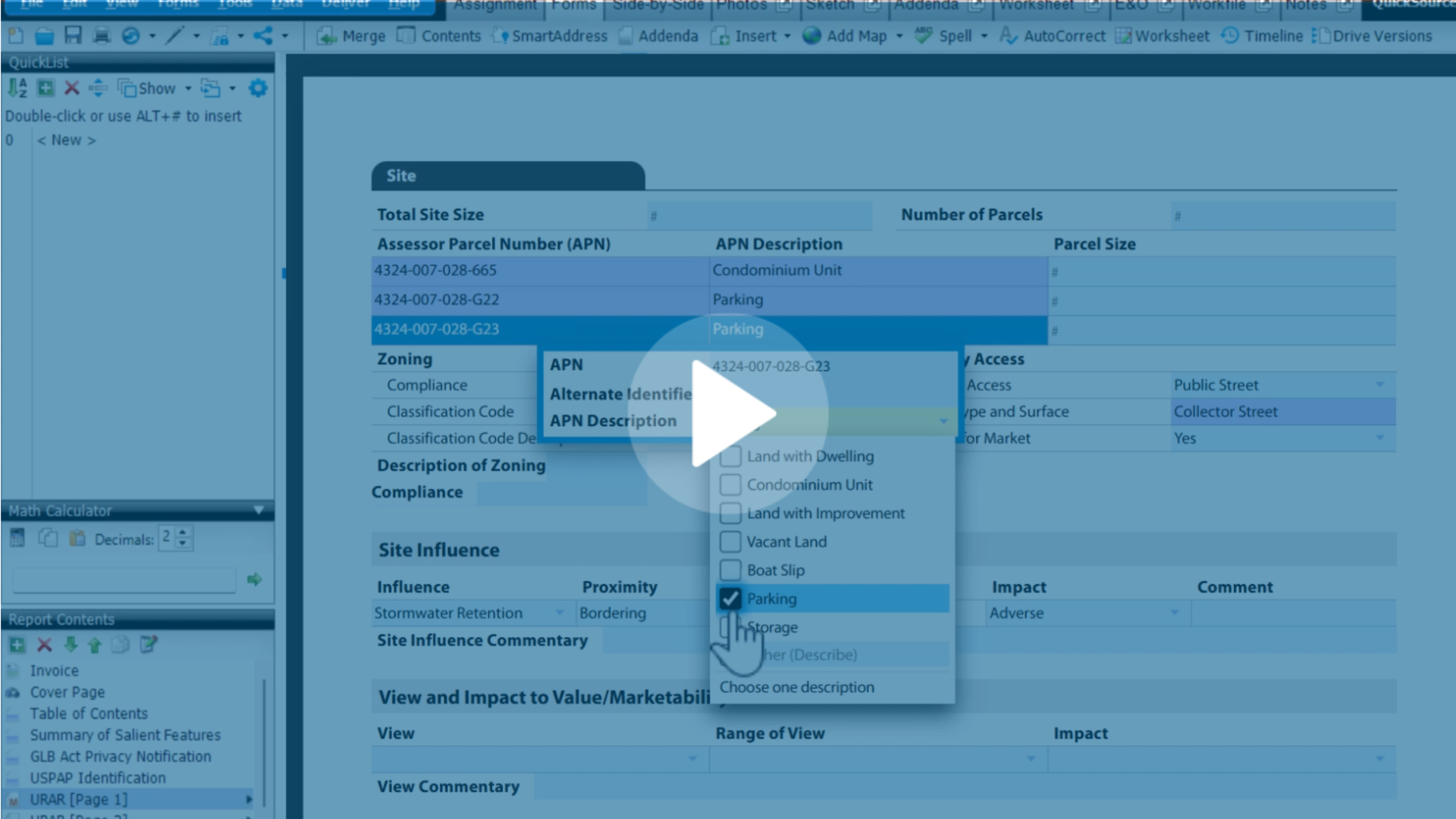
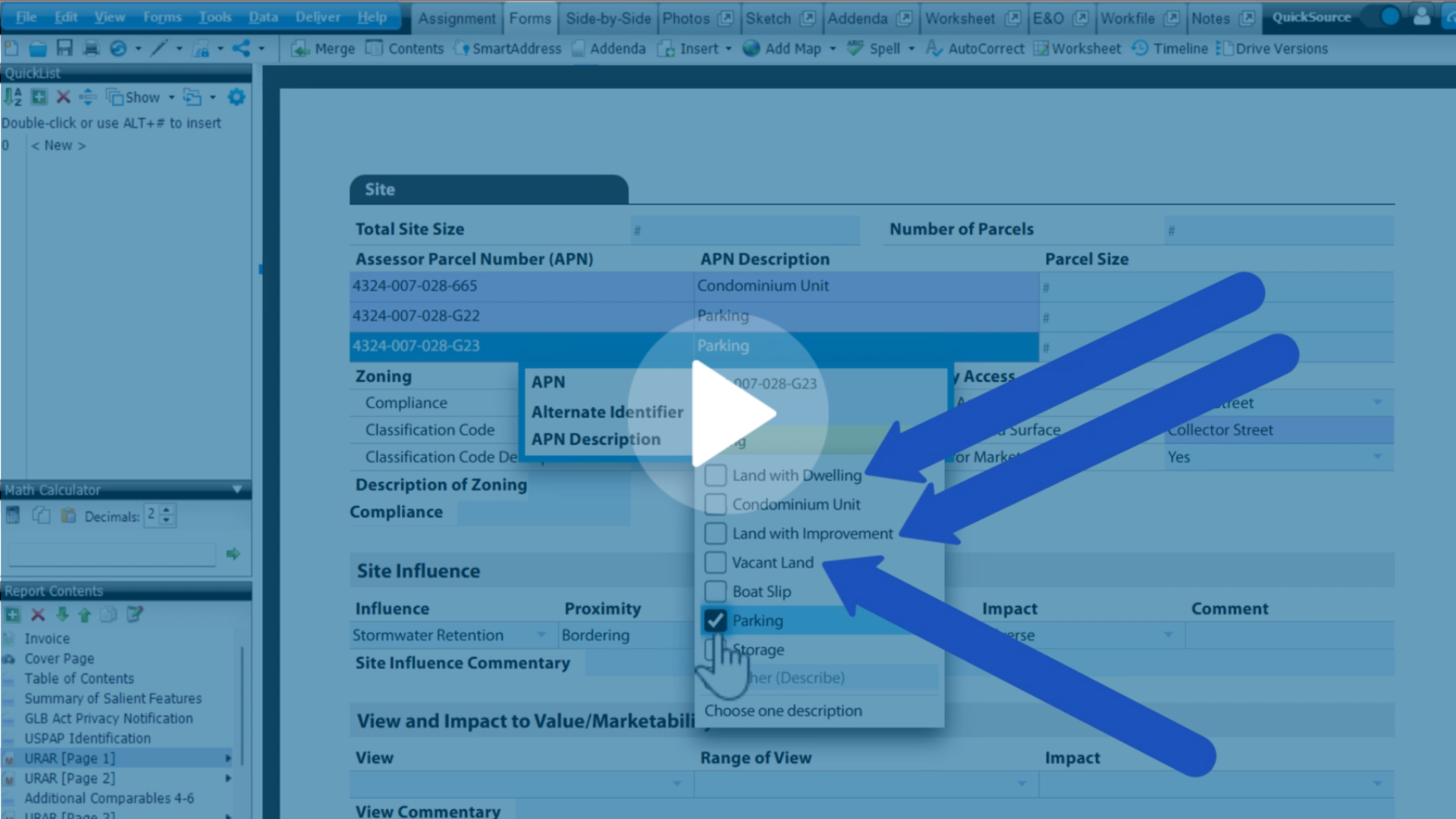
.png)
.png)
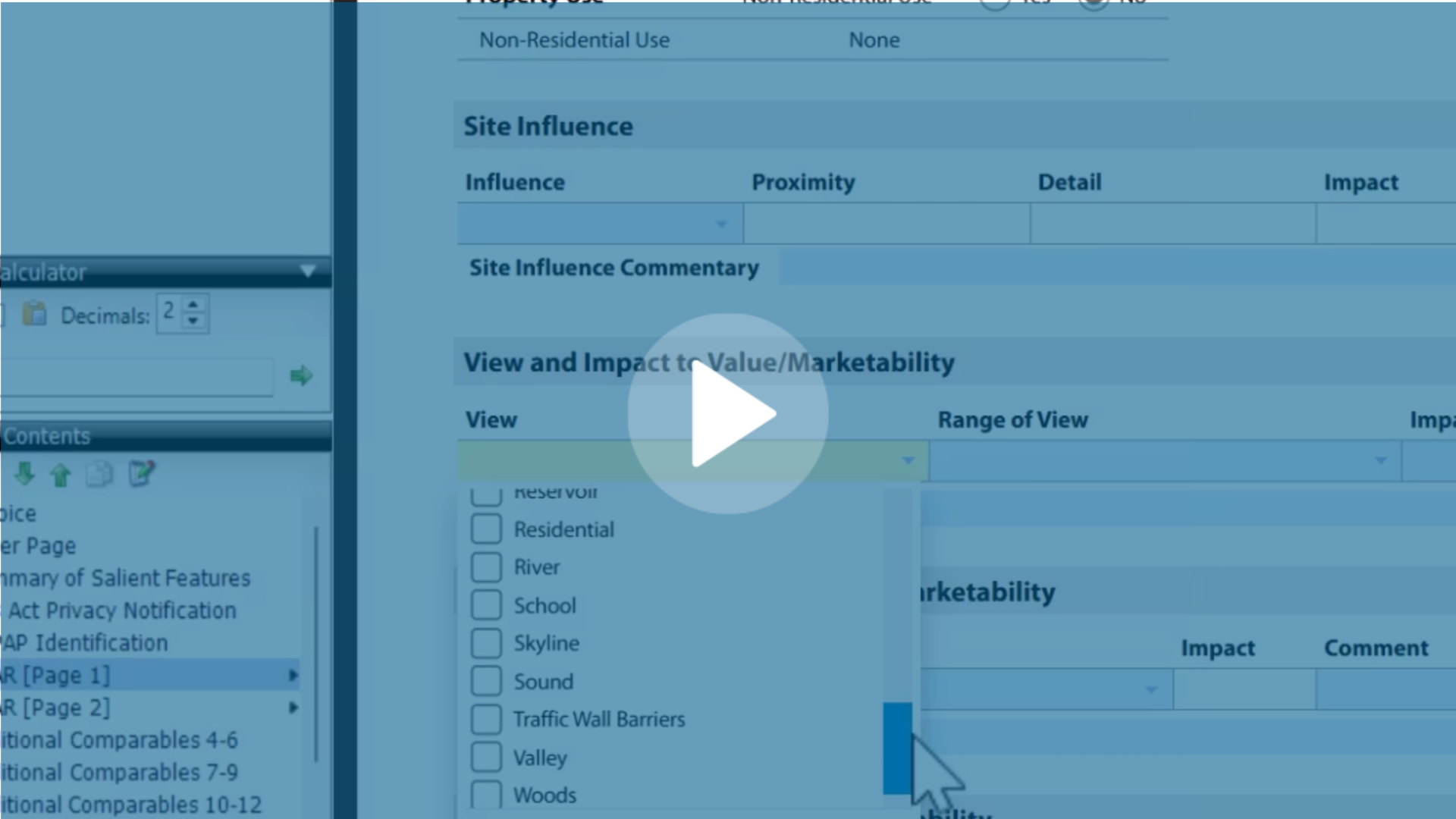
.jpg)
.png)
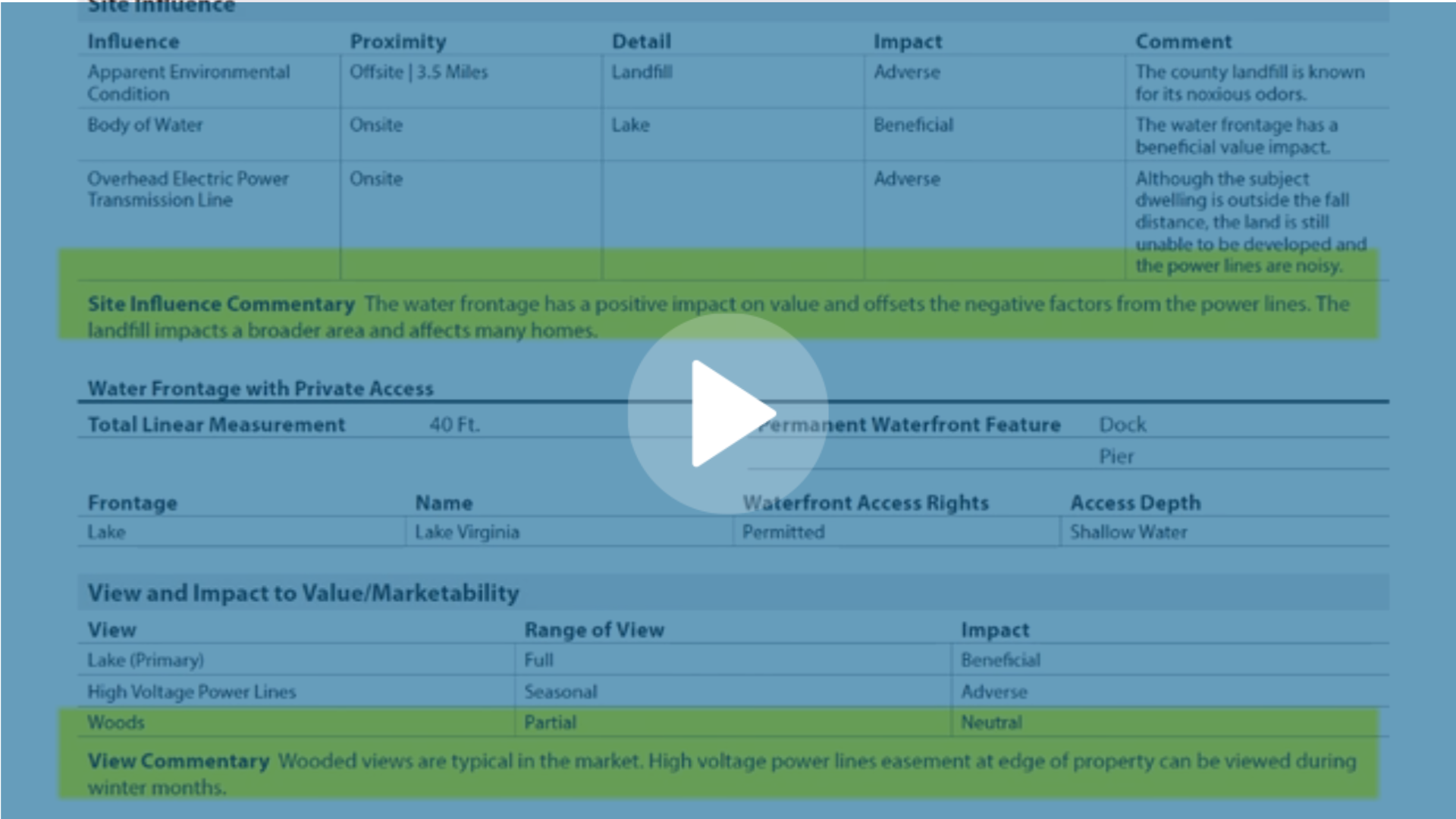
-1.png)









